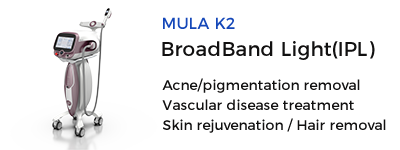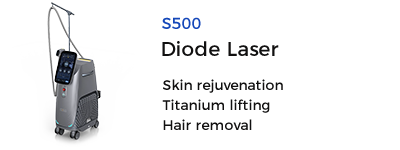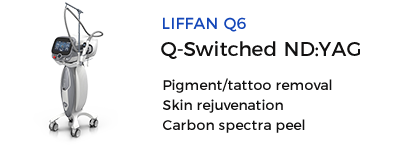Omega-3 Fatty Acids and Their Effect on Acne

Omega-3 Fatty Acids and Their Effect on Acne
Omega-3 Fatty Acids and Their Effect on Acne: A Natural Approach to Clearer Skin
Acne is a common and often distressing skin condition that affects millions of people worldwide. While traditional treatments such as topical retinoids, antibiotics, and more recently, skin whitening treatments and the use of advanced technologies like IPL machines have shown efficacy in managing acne, a growing body of research suggests that dietary modifications can also play a significant role. One of the most promising areas of investigation centers around the impact of omega-3 fatty acids on acne.
Understanding Omega-3 Fatty Acids
Omega-3 fatty acids are essential polyunsaturated fats that our bodies cannot produce on their own. These fats are crucial for numerous bodily functions, including reducing inflammation, which is directly linked to acne. The primary sources of omega-3 fatty acids include fatty fish (such as salmon, mackerel, and sardines), flaxseeds, chia seeds, walnuts, and omega-3 supplements.
Mechanism of Action: How Omega-3s Affect Acne
-
Anti-Inflammatory Properties: One of the key benefits of omega-3 fatty acids is their anti-inflammatory effect. Acne is fundamentally an inflammatory condition, and omega-3s help modulate inflammatory pathways in the body. This can result in reduced redness, swelling, and the severity of breakouts.
-
Sebum Production: Sebum, an oily substance produced by sebaceous glands, can clog pores and lead to acne. Research has shown that omega-3s can help regulate sebum production, making the skin less oily and reducing the likelihood of clogged pores.
-
Hormonal Balance: Hormonal imbalances, particularly during teenage years and menstruation, can exacerbate acne. Omega-3 fatty acids have been shown to help balance hormones, potentially reducing hormonally-driven acne flare-ups.
Integrating Omega-3s into Your Skincare Routine
To harness the benefits of omega-3s for acne management, individuals can take the following steps:
-
Dietary Changes: Incorporate more fatty fish into your diet. Aim for at least two servings of oily fish per week. For those who are vegetarian or vegan, flaxseeds, chia seeds, and walnuts are excellent sources of plant-based omega-3s.
-
Supplements: Omega-3 supplements, particularly those derived from fish oil or algae, can be an effective way to ensure you’re getting an adequate amount of these essential fats. It’s important to consult with a healthcare provider before starting any supplement regimen.
Complementary Treatments: Skin Whitening Treatments and IPL Machines
While omega-3 fatty acids can play a significant role in managing acne, they can be even more effective when combined with other treatments. For instance, skin whitening treatments can help address the post-inflammatory hyperpigmentation that often accompanies acne, leading to a more even skin tone.
Additionally, Intense Pulsed Light (IPL) machines are a non-invasive treatment option that can target both acne and its resultant scars. An IPL machine uses broad-spectrum light to penetrate the skin and address various issues, including reducing the bacteria that cause acne, minimizing redness, and promoting collagen production to heal acne scars.
A Holistic Approach to Acne Management
In conclusion, while omega-3 fatty acids offer valuable benefits in the battle against acne due to their anti-inflammatory, sebum-regulating, and hormone-balancing properties, they should not be seen as a standalone cure. A comprehensive approach that includes dietary modifications, skin whitening treatments, and advanced technologies like IPL machines can provide a synergistic effect, leading to clearer and healthier skin. Always consult with a healthcare professional or dermatologist to tailor a treatment plan that best fits your individual needs.
By incorporating omega-3s into your diet and skincare routine, you can take a proactive step towards not only managing acne but also improving overall skin health.

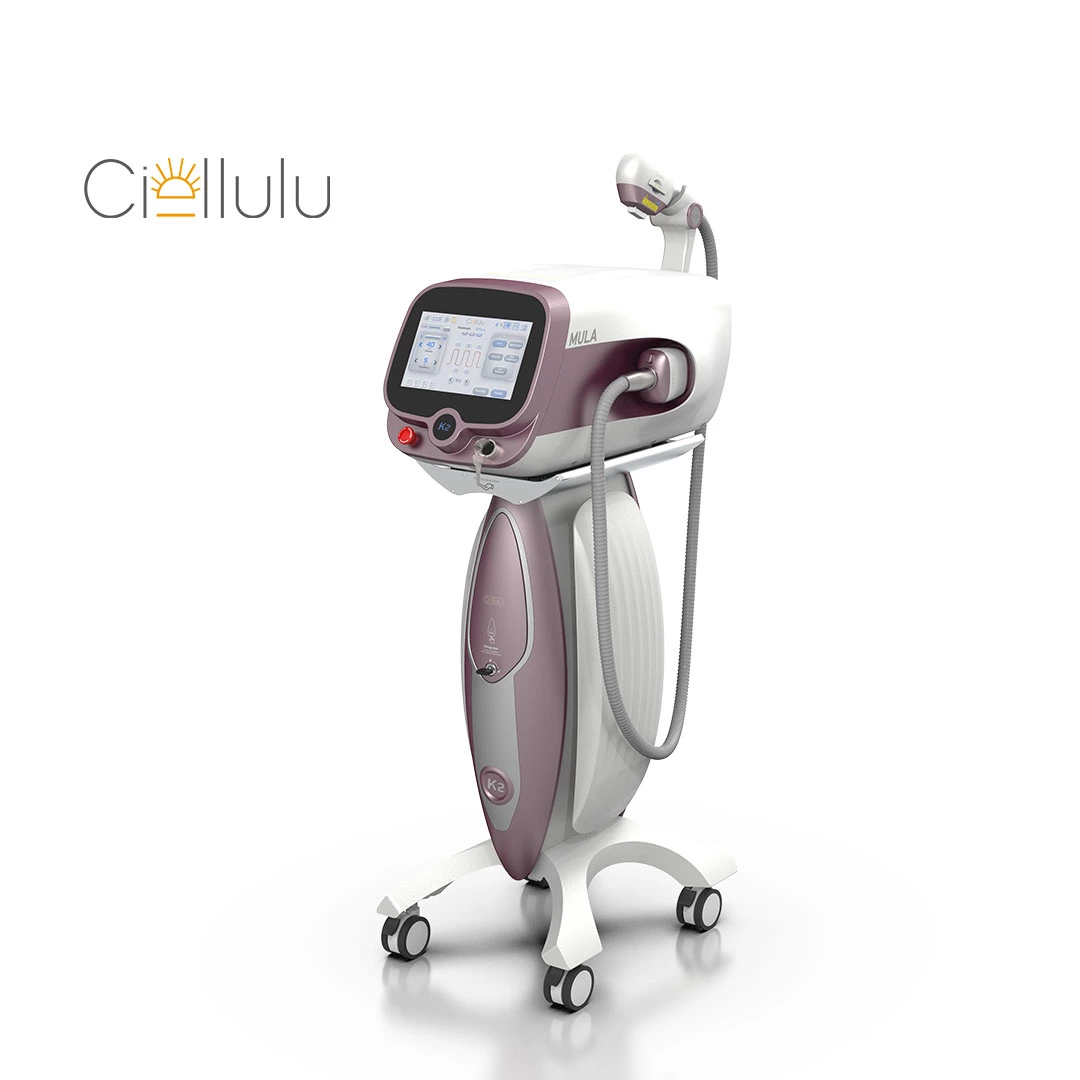
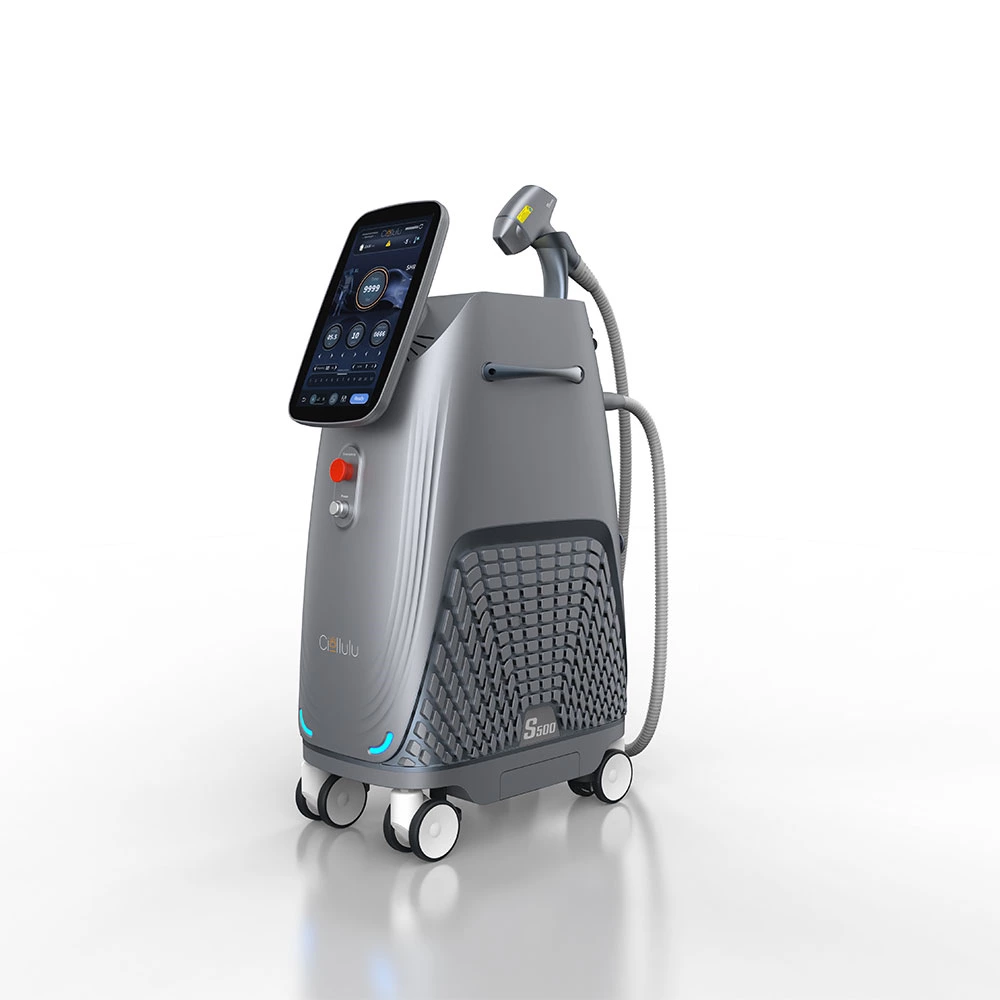
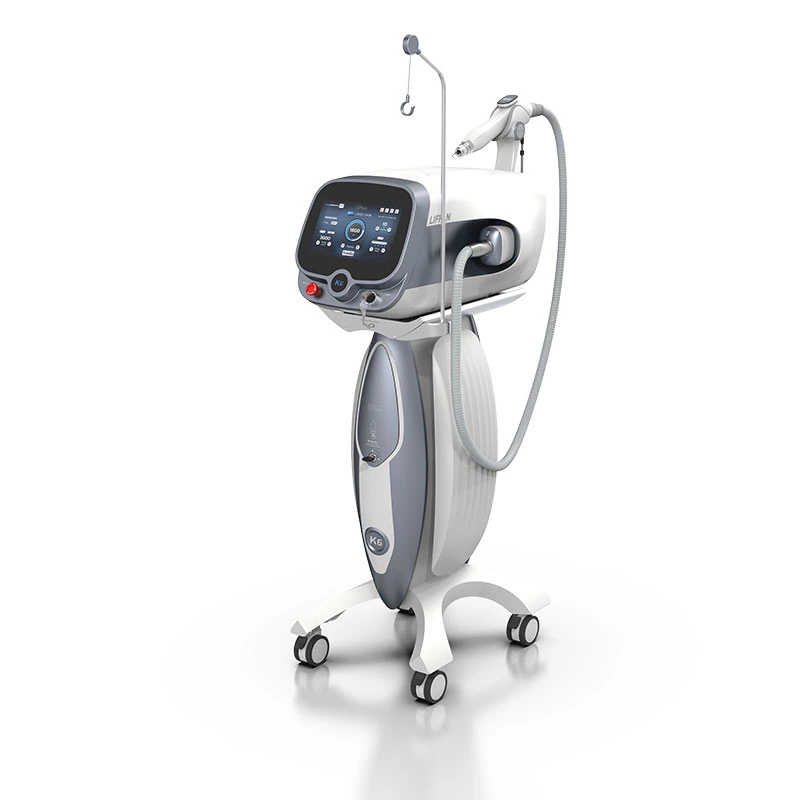
 Ciellulu Laser - Facial Machine Supplier
Ciellulu Laser - Facial Machine Supplier